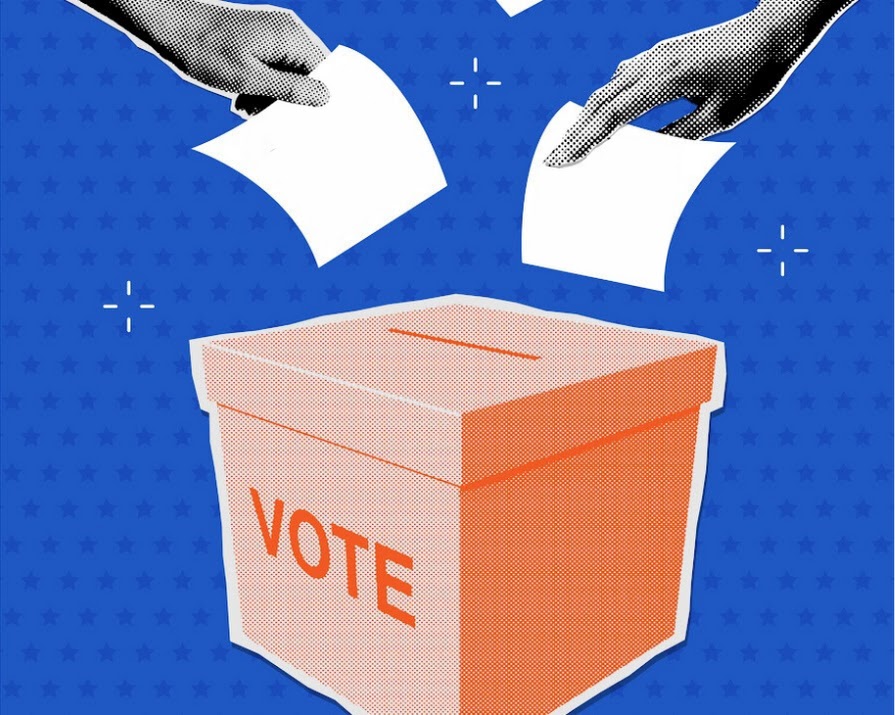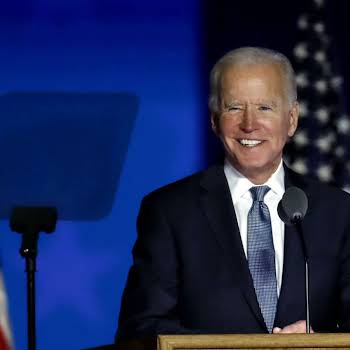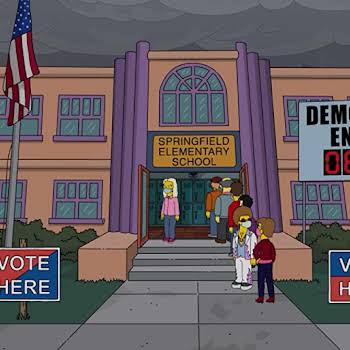What to know before voting in the European and local elections on June 7
By Sarah Gill
05th Jun 2024
05th Jun 2024
This Friday, the public will cast their votes to elect 14 MEPs to represent Ireland at the European Parliament, and 949 candidates to fill the local city and council seats.
What we’re voting for
There are three elections in Ireland happening in Ireland between 7am and 10pm on Friday, June 7. The Irish public will take to polling stations across the country to cast their votes in both the local and European elections. Those registered to vote in the Limerick city and county electoral areas will also be voting for the first directly elected Mayor of Limerick, which is a test case for other cities across Ireland.
In the European elections, 14 MEPs of a record 73 candidates will be chosen to represent Ireland at the European Parliament. Of these, five will represent the constituency of Midlands North-West, five will represent Ireland South, and four will represent Dublin.
In the local elections, 949 seats are to be filled in county and city councils in 166 local electoral areas in Ireland. There are 31 local government authorities, with over 2,100 candidates in the running.
Advertisement
If you’re registered to vote in Limerick and will be voting to elect a new mayor to the executive head of Limerick City and County Council, you’ll have 15 candidates to choose from, six of which are women. The term of the mayor runs for five years, and commands a yearly salary of €154,134. Their responsibilities include proposing a development plan, developing and implementing a housing strategy for Limerick, proposing the annual budget to the elected councillors for their approval, and having an audience with Ministers.
What to bring
Ahead of this Friday’s votes, a polling information card with details of your local station will be sent out to your home address, but it is not essential to bring this with you when casting your vote. What you do have to bring, however, is a valid form of identification, which includes a passport, driving licence, public service card, or an employee or student ID with a photograph.
How to vote
At the polling station, you’ll be given two ballot papers, except in Limerick, where you’ll be given three. The ballot paper for the European election will be white, the Limerick mayor ballot paper will be pink, and the ballot paper for the local election will be any other colour. On the paper, candidate names will be listed in alphabetical order alongside their party emblems, photographs, and an empty box. In this box, you will indicate your preferences with ‘1’ as your first choice, ‘2’ as your second choice, and so on, choosing as many or as few candidates as you wish.
Who can vote
You do not need to be an Irish citizen to vote in the local elections. You must, however, be over 18 years of age, live in the relevant local electoral area, and also be listed on the register of electors. You can check the register now, but applications closed on Monday 20 May.
Every Irish citizen over 18 years of age who’s on the register of electors can vote in the European election. If you’re an Irish citizen living in another EU country, you can vote in that country. If you are from another EU member state but are living in Ireland, you can vote in the European election in Ireland.
What happens after voting ends
The following morning, from 9am on Saturday 8 June, the ballot boxes will be opened, and the ballot papers will be sorted, separated, and counted, with local election votes taking priority. Counting of the European election ballots will not take place until 9am Sunday 9 June, after all polling stations have closed across Europe.
Advertisement
In order to succeed, a candidate must meet a certain quota of votes, which is calculated by dividing the number of valid votes cast in that electoral area by one more than the number of seats available, and then adding one. Once a candidate reaches this quota, there will be a surplus vote, which means that all ballot papers are distributed to the other candidates accordingly. If no candidates are deemed elected on the first count, the candidate with the least number of votes will be eliminated and their second preference votes will be redistributed. This goes on until all the seats are filled.
When will we know the results?
The count for the Limerick mayoral election–which requires a large quota—will not begin until Monday 10 June, and could potentially go into Tuesday evening.
The local election ballots will be counted first thing on Saturday, June 8 – European ballots will have to be separated and sent to the three constituency’s count centres, but provided all goes well, we could hear the results that day. European election results will take a bit longer – to elect four MEPS in 2019, it took four days and 13 counts. Polls close throughout Europe at 10pm in Ireland on June 9, and the result of the first count cannot be announced until then.
There are just days left to read up on your local candidates, see where they stand on pressing issues, and make up your mind on who will be getting your first choice vote, so make sure you put the research in before heading to your local polling station this Friday. Your vote is your voice, so make sure it’s heard.
Illustration by IMAGE.
Advertisement























